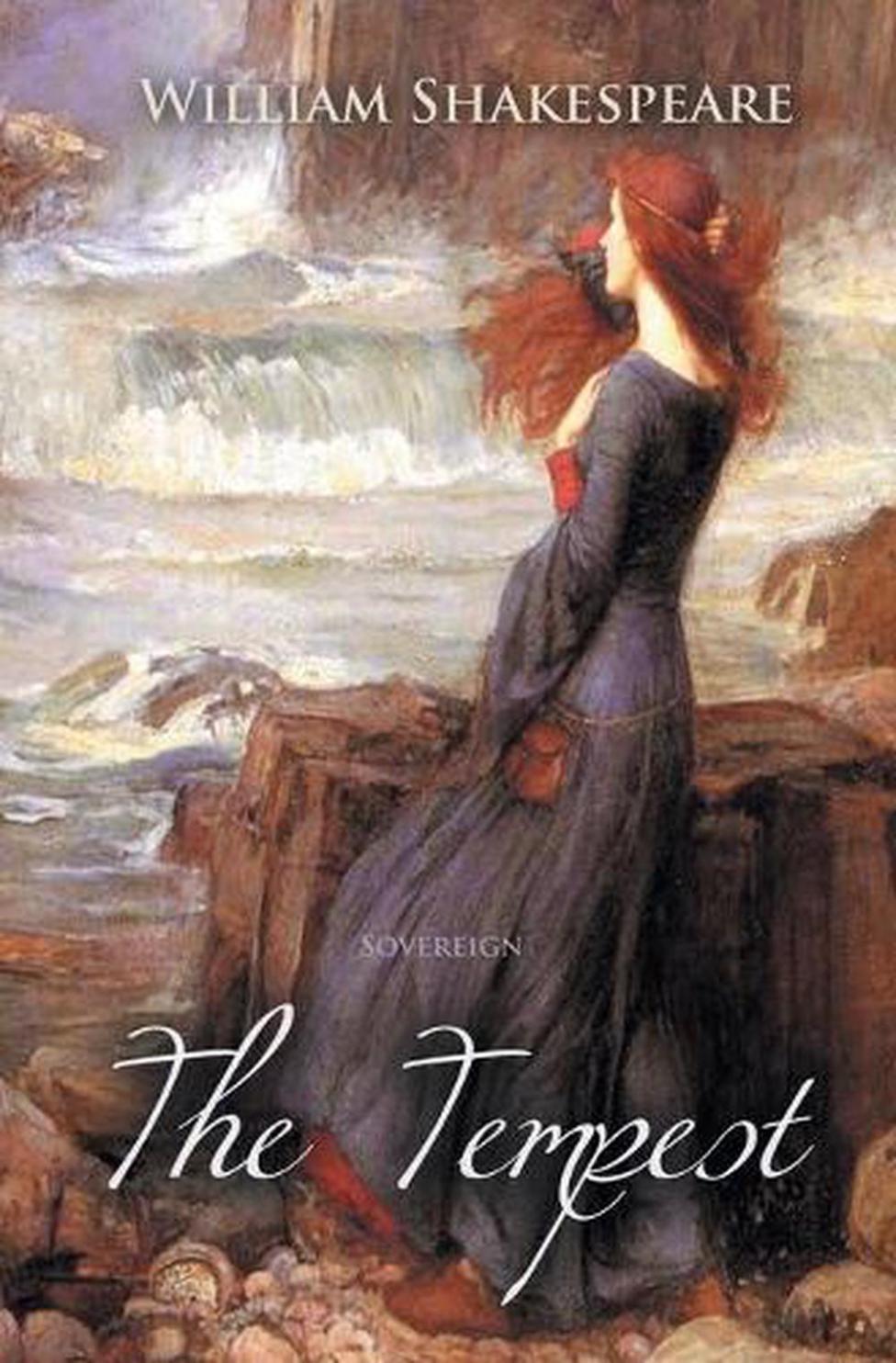What Role Does Magic Play in The Tempest and How Does it Relate to the Theme of Illusion?
William Shakespeare's "The Tempest" is a captivating tale of magic, illusion, and the human condition. The play revolves around Prospero, a powerful sorcerer who uses his magic to control the island he inhabits and manipulate events to his advantage. Through an exploration of Prospero's magic, the contrasting representations of Ariel and Caliban, and the magical qualities of the island, this article delves into the intricate relationship between magic and the theme of illusion in "The Tempest."

I. The Role Of Magic In "The Tempest"
Prospero's Magic:
- Prospero is a complex character who possesses immense magical abilities, which he uses to control the island and manipulate events to his advantage.
- His magic is a reflection of his desire for power and control, as he seeks to exact revenge on those who wronged him and restore his rightful place as the Duke of Milan.
- However, Prospero's use of magic raises ethical questions, as he manipulates others and disrupts the natural order of the island.
Ariel And Caliban:
- Ariel and Caliban represent contrasting aspects of magic in the play.
- Ariel is a willing servant to Prospero, embodying the benevolent and creative aspects of magic. He is connected to the natural world and uses his powers to carry out Prospero's commands.
- Caliban, on the other hand, is a wild and untamed creature who resents Prospero's control. He represents the darker, more chaotic aspects of magic and the potential for it to be used for evil.
The Magic Of The Island:
- The island itself is imbued with magical qualities, creating a sense of wonder and mystery.
- It is a microcosm of the world, reflecting Prospero's inner turmoil and the complex relationships between the characters.
- The island's transformation at the end of the play symbolizes Prospero's renunciation of magic and his return to the real world.
II. Magic And The Theme Of Illusion
The Illusion Of Power:
- Magic creates the illusion of power and control for Prospero, as he manipulates events and controls others to achieve his goals.
- However, Prospero's magic ultimately fails to bring him true happiness or fulfillment, as he realizes the limitations of his power and the consequences of his actions.
- The play explores the dangers of seeking power through magic and the importance of recognizing the limits of human control.
The Illusion Of Reality:
- Magic blurs the lines between reality and illusion in the play, creating a sense of unreality and uncertainty.
- Dreams, visions, and spells create a surreal atmosphere, challenging the characters' perceptions of what is real and what is imagined.
- The play's final scene, in which Prospero renounces magic and returns to the real world, highlights the illusory nature of magic and the importance of embracing reality.
The Illusion Of Love:
- Magic is used to manipulate love and relationships in the play, creating the illusion of romance and harmony.
- However, the play ultimately reveals the fragility of love based on illusion, as the characters must confront their true feelings and overcome past grievances.
- The play explores the importance of genuine love and forgiveness in overcoming the illusions created by magic.
"The Tempest" is a play that delves into the complex relationship between magic and illusion, exploring the ethical implications of using magic for personal gain and the dangers of seeking power through supernatural means. Through the character of Prospero and the contrasting representations of Ariel and Caliban, Shakespeare examines the illusory nature of magic and its impact on the human condition. The play's themes of power, reality, and love are still relevant to contemporary audiences, inviting us to reflect on the role of illusion in our own lives and the importance of embracing reality and genuine connections.
YesNo

Leave a Reply